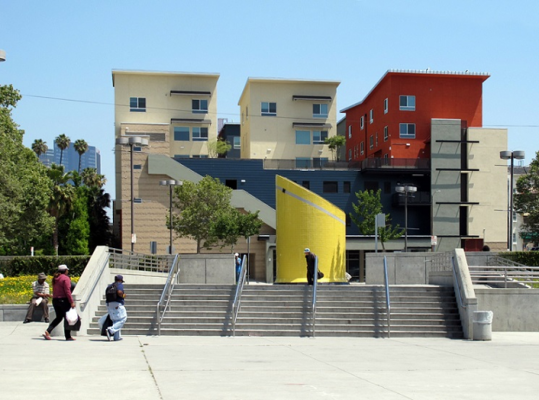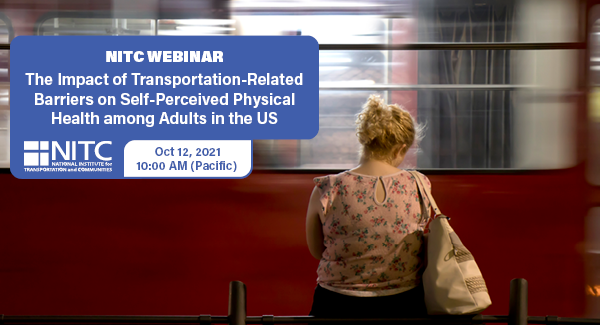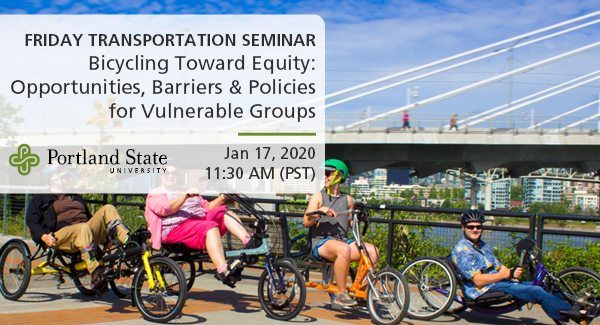Watch condensed webinar preview video
Watch full webinar video
View presentation slides in English
View presentation slides in Spanish
Transit-oriented development (TOD) projects in low-income neighborhoods have the potential to provide needed transportation access to a segment of the population that stands to benefit significantly from these large-scale transit infrastructure projects. This research project reveals that large-scale TOD projects have the potential of leading to neighborhood revitalization and equitable outcomes in low-income Latino communities. But these positive outcomes depend on both the process and context of these particular neighborhoods, and how transportation planners incorporate the various forms of political, financial and cultural capital that exist in these communities into the planning and implementation process of TOD projects. This comparative case study analyzed the Fruitvale Transit Village in Oakland and the MacArthur Park METRO TOD in Los Angeles. We...
Read more


